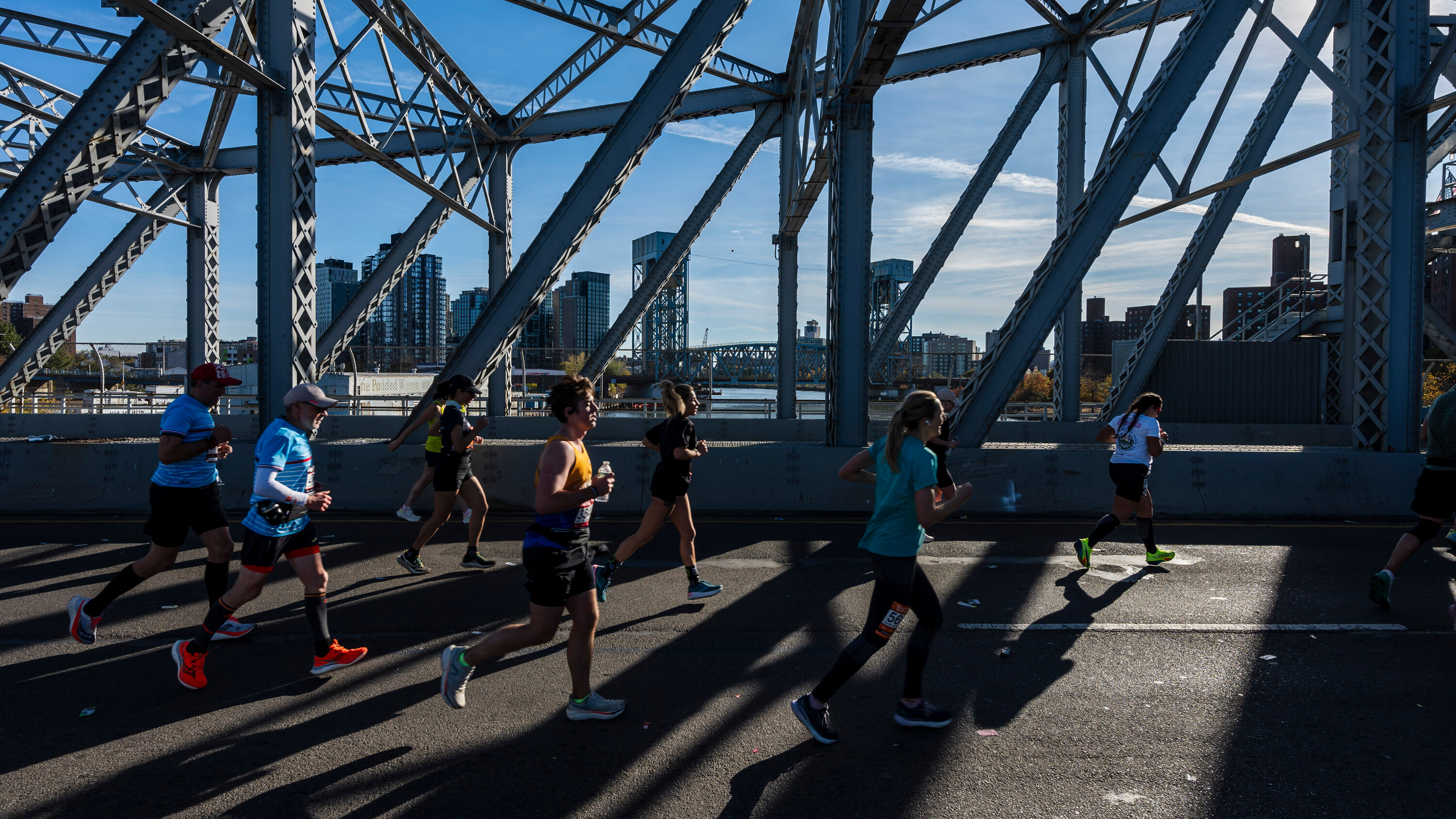Home / Health / Polluted Air Slows Down Even Elite Marathoners
Polluted Air Slows Down Even Elite Marathoners
1 Nov
Summary
- Air pollution directly linked to slower marathon times
- Faster runners affected more by pollution exposure
- Improving air quality could boost marathon performance

According to a study conducted by researchers at Brown University, air pollution is a significant factor in marathon runners' performance. The researchers analyzed data from millions of marathon finish times across the United States between 2003 and 2019 and found that higher levels of fine particulate matter (PM2.5) were directly associated with slower finish times.
For every increase of one microgram per cubic meter of these tiny pollutants, men's average finish times were 32 seconds slower, and women's were 25 seconds slower. This means that on even a moderately polluted day, runners' times could be slower by minutes. The researchers found that the effect was more pronounced for faster-than-average finishers, perhaps because they breathe in more air and do so more rapidly, inhaling larger doses of pollution.
The researchers noted that even among incredibly healthy people, air pollution is having an important, albeit subtle, effect on their physiology. Particulate pollution comes mainly from burning fossil fuels, and even short-term exposure can be harmful, causing inflammation and other respiratory issues. While air quality has improved in many parts of the United States, concern has grown over short-term spikes in pollution, particularly from wildfire smoke.
The findings suggest that improving air quality could give marathoners the edge they need to break records and achieve their goals. As the planet continues to warm, and air pollution remains a persistent challenge, runners may increasingly choose to race in cities known for better air quality.



